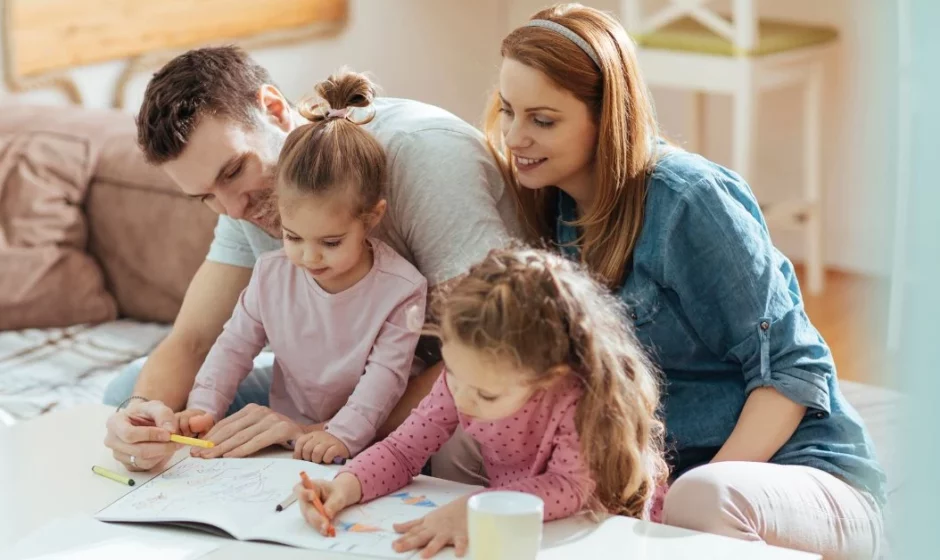Grandparents have a lot of experience when it comes to parenting. However, the world of parenting has changed a lot in recent years.
For example, it was once standard practice for a pediatrician to recommend that infants start on rice cereal in their first month because babies needed the iron provided by fortified rice. Babies don’t need rice cereal now because they get enough iron from their mothers’ milk.
How to Be a Good Human
There’s a lot to consider as a new grandparent. One thing is that you need to set boundaries. Taking on too much responsibility can lead to family resentment. It’s important to balance looking after your grandchildren with your own needs, so that you don’t become a grumpy old geezer.
Also remember that your role is likely to change as your grandchildren grow older. This might be because your commitments change or because the child’s needs and interests change. It could even be because of other life events such as a divorce, marriage or work relocation.
Finally, remember that being a good human is the key to accessing spirituality. This is because a fulfilling life experience can’t be achieved by rejecting or bypassing your humanity. This article talks about the five characteristics that define genuinely good humans.
How to Be a Good Grandparent
Becoming a grandparent is a chance to reclaim some of the joys of childhood that we lost as parents. It’s also a chance to bring new skills and perspectives to the table. It’s not always easy, though.
The instinct to spoil grandchildren can be a dangerous one. Babies cry a lot, and while clinging to them or feeding them more than they need can be frustrating, responding to their cries by cuddling, rocking and talking softly (not to mention making shushing noises) isn’t spoiling; it’s actually good for their brain development and builds trust.
Grandparents often have a wealth of parenting experience to draw on, but offering unsolicited advice can be a bad idea. Even well-intentioned opinions can make a nervous new parent feel like their grandparents don’t trust them or respect their judgment. The key is to dole out the advice sparingly and gently, so your adult children aren’t defensive when you share it.
How to Be a Good Parent
Kids need parents to love them unconditionally, make themselves available and provide constructive discipline. But it is important to remember that the most effective parents are not perfect. One bad day or week does not make you a bad parent.
Lifespan psychologist Erik Erikson posited that generativity, the process of adults becoming mentors to young people and helping them see their potential, is an essential part of the grandparent role. But how to do this is a complicated question, especially for grandparents who have other commitments, such as work or the desire to spend time with their own children.
For example, some grandparents may feel that they can support their grandchild’s parents by offering parenting tips to them but not taking on the responsibility of looking after them at all. This is not an indictment of their parenting skills but a matter of choice and finding the right balance for them. It’s also worth mentioning that it’s important to be open and honest about this with your grandchildren’s parents so they know where the boundaries are.
How to Be a Good Friend
When it comes to parenting, it’s important to respect the parents. Don’t overstep your bounds or impose your own ideas on the family. The best way to do this is by being open and honest with the parents about what your role will be.
Don’t be afraid to ask how much support they need from you and what you can realistically provide – and keep in mind that this might change as the child grows. Avoid spoiling the child and be wary of buying them too many presents. It’s not fair to the parents and can make them feel resentful.
Be ready to act quickly if the parents need your help. If the child is misbehaving, follow your pre-designed parenting plan (which should take into account family passions, values and beliefs) to handle it with speed and sensitivity. Also, don’t let a situation with your grandchild drag on without addressing it. Your intervention can have lasting effects on the parent’s ability to discipline their child.



